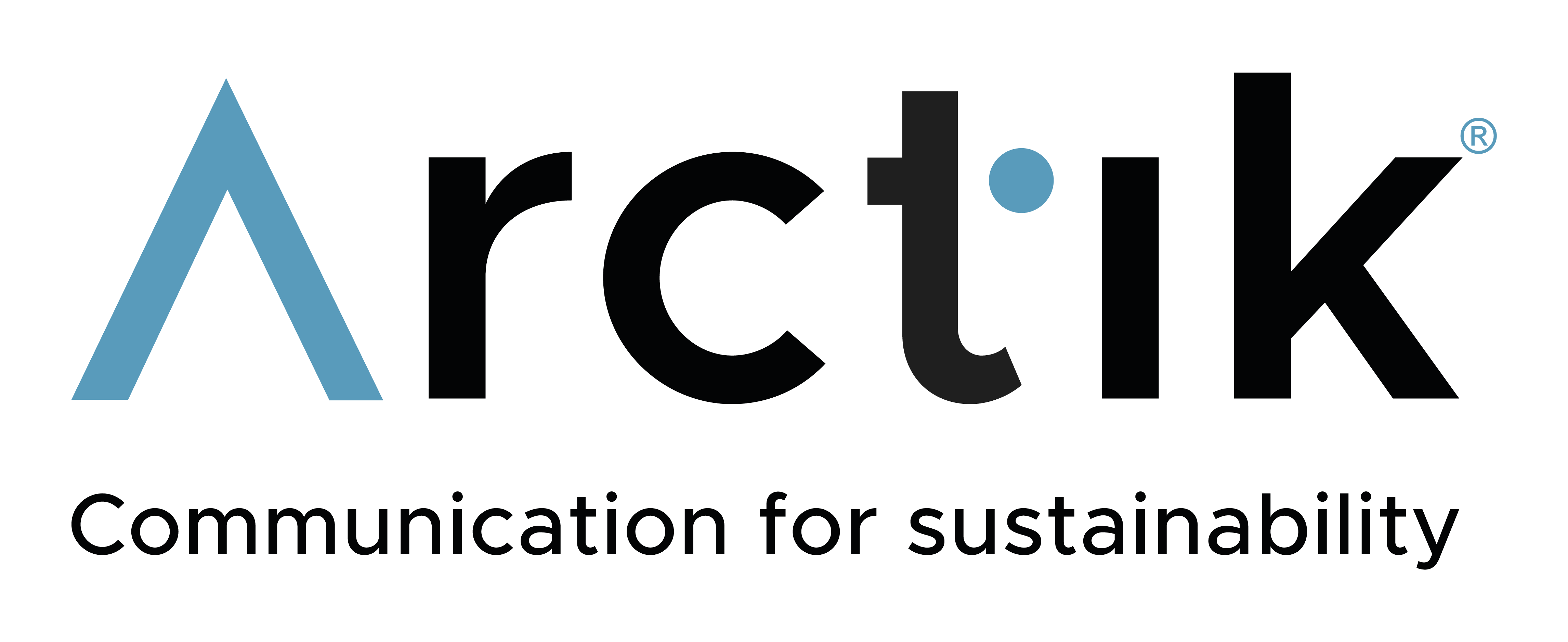Last Edited: 2 months ago
Eye of EuropeNovember 2023 - October 2026
The Research and Innovation Foresight Community
As a Coordination and Support Action, project “Eye of Europe” aims to enhance the integration of foresight practices into Research and Innovation (R&I) policy making across Europe. Ultimately, the project envisions a more cohesive and influential R&I foresight community that contributes significantly, as a collective intelligence, to shaping and guiding policy decisions.
To this end, Eye of Europe builds on existing initiatives and experiences to foster knowledge-sharing between foresight practitioners and policy makers, attract domain experts in foresight endeavours, and engage a broader audience in futures thinking. Nurturing futures4europe as the online home for the community and running various face-to-face events with different stakeholders will underpin these ambitions.
Methodologically, the project relies on the following building blocks:
- futures4europe.eu as the online hub for the R&I foresight community in Europe: The platform accommodates the interests of various stakeholders such as foresight experts, beneficiaries, domain experts, and an active audience. It operates on multiple integration levels, from mapping organizations and experts to sharing foresight results and capabilities. Moreover, it acts as the communication gateway for ongoing foresight activities, events, educational and inspirational materials.
- Sharing of practices: This entails mapping institutions engaged in R&I foresight activities, promoting mutual learning through interactive formats, developing shared visions for the future of foresight in R&I policy within the European Research Area (ERA), fostering exchanges among the foresight in R&I policy community through conferences, encouraging dialogues between futurist/expert communities, academics and policy practitioners.
Key figures: 5 mutual learning events (MLE): 2 online, 3 face-to-face events; 1 vision building event for the Future of R&I Foresight in ERA; 2 conferences - Running foresight pilots: Conducting a series of pilot workshops and online consultations with diverse formats, methodologies, and participants. This involves identifying topics of common interest within the European Research Area (ERA), where foresight perspectives offer added value, designing and implementing tailored pilot foresight activities involving various stakeholders, harnessing lessons learnt and feeding them into the platform and other dissemination channels.
Key figures: 11 Foresight pilot processes: 3 exclusively with citizens, 4 mainly with experts and researchers tackling specific R&I topics, 4 involving a bespoke group of participants. Out of the 11 events, 8 will be face-to-face events, and 3 pilots will take place online - Boosting futures literacy: The project encourages meaningful engagement with diverse audiences, from foresight professionals, researchers, policy-makers to various futures sensitive profiles (e.g. entrepreneurs, journalists, artists) and the wider civil society. The project will provide guides, methodology toolboxes, and training modules for R&I foresight and futures literacy, incorporating written and multimedia content.
Key figures: 5-10 short training sets for participants in foresight exercises; 1 training module for foresight beneficiaries; 1 foresight training for early career researchers, 1 Massive Open Online Course (MOOC) on R&I foresight; 12 conversational podcasts; 6-8 Short videos and/or animated materials showcasing foresight processes and outcomes - Fueling the public discourse around futures: Promoting the project and fostering the foresight community via the online platform futures4europe.eu and complementary channels such as social media and a dedicated newsletter. In addition to highlighting the project's own initiatives, Eye of Europe will also aim to promote foresight content developed in other projects, showcasing a diverse range of perspectives and insights within the foresight field. The quarterly newsletter will feature various content types like interviews, project updates, and foresight-related articles. Social media, particularly Futures4Europe's LinkedIn page, will be used to engage professional communities and wider audiences, with a focus on sharing project activities and fostering discussions.
Posted on: 14/10/2024


